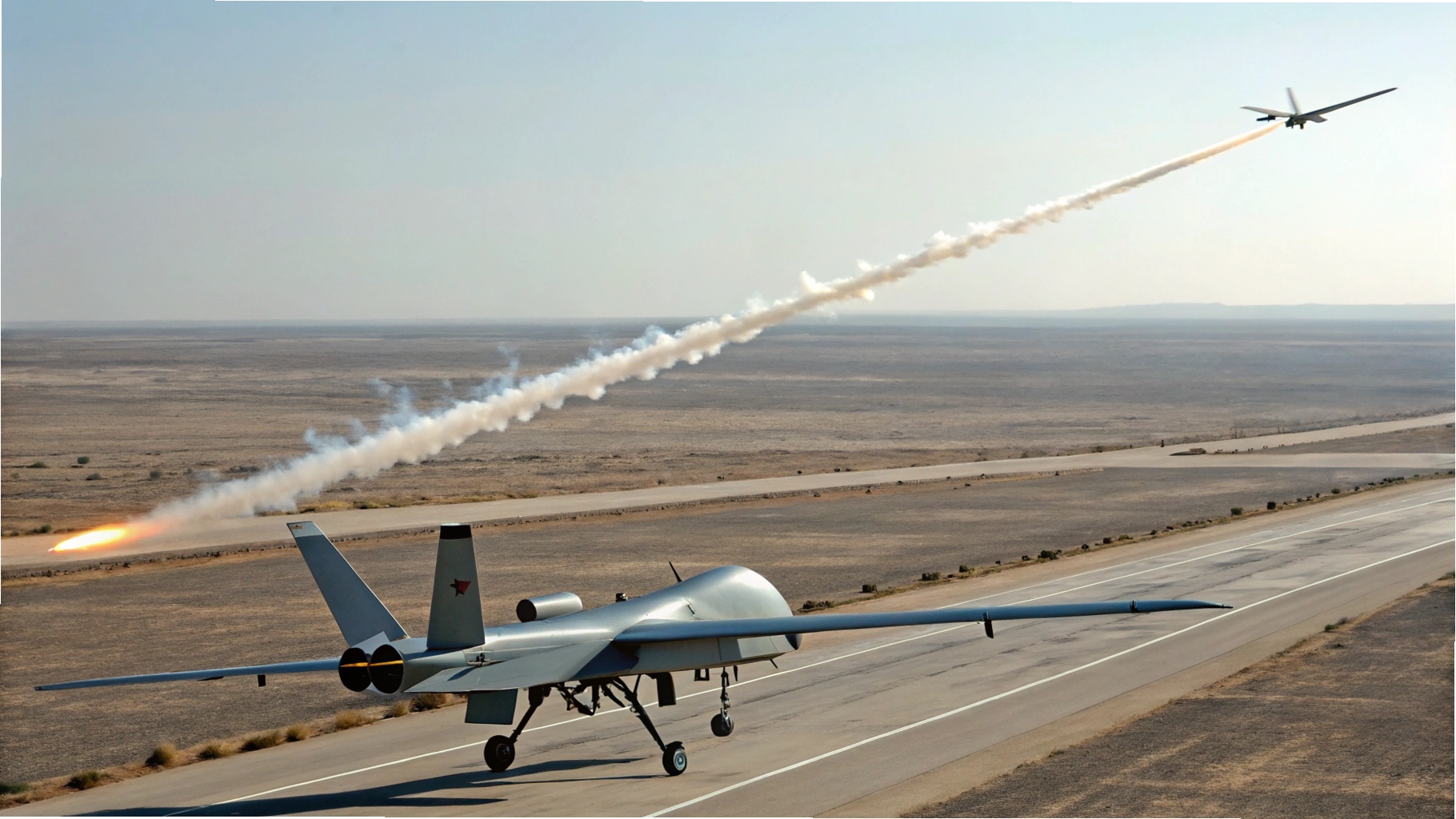
The US government has given its approval for a possible arms sale valued at $570 million to the Netherlands, involving RTX’s AIM-120C-8 Advanced Medium Range Air-to-Air Missiles (AMRAAMs). Under the request, Amsterdam could receive as many as 232 of these missiles, along with eight guidance sections. The package includes an array of supporting items, such as control section spares, captive air training rounds, missile containers, accessories, and spare parts. It also encompasses maintenance services, training for personnel, and logistical assistance, reflecting a comprehensive support program. According to the Defense Security Cooperation Agency (DSCA), the transaction aligns with US foreign policy goals by enhancing the defense capabilities of a NATO ally. The Netherlands is recognized as a reliable partner that contributes to European stability and security, making the sale strategically important. The AIM-120C-8 variant is known for its beyond-visual-range performance, its adaptability to varying weather conditions, and its versatility in engaging multiple types of targets, including hostile aircraft, cruise missiles, helicopters, and drones. The Netherlands currently fields AMRAAMs on its F-35 Lightning II aircraft and NASAMS ground-based air defense systems. Expanding its inventory ensures that Dutch forces maintain a credible deterrent and remain interoperable with allied systems. The decision to bolster AMRAAM stocks comes against a backdrop of heightened regional tensions in Europe, including concerns over suspected Russian drones violating Polish airspace and the broader context of the Russia-Ukraine conflict. This move also reflects a wider trend within NATO: member states are seeking to upgrade and expand their air defense arsenals. Finland and Norway, for instance, have recently lodged requests for AIM-120D-3 AMRAAMs and GBU-39B Small Diameter Bombs. Belgium, another key NATO member, has expressed interest in AIM-9X Sidewinder missiles. Together, these acquisitions signal a collective effort to fortify the alliance’s integrated defense posture. For the US, the approval highlights Washington’s continued commitment to NATO’s collective security. For the Netherlands, it represents a substantial investment in maintaining advanced capabilities and readiness at a time when air threats are becoming increasingly sophisticated.




